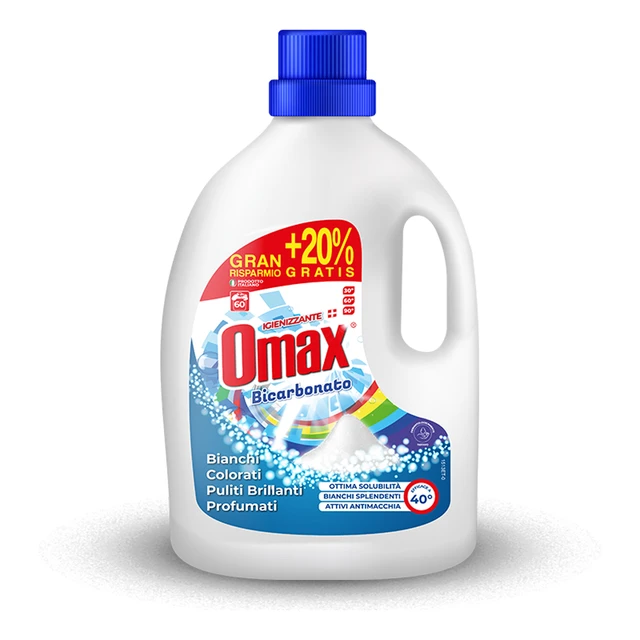It’s a question that pops up in many households: Can you use laundry detergent in a carpet cleaner? While the idea might seem appealing – after all, laundry detergent is great at cleaning clothes, why wouldn’t it work on carpets? – the answer is more complicated than a simple yes or no.
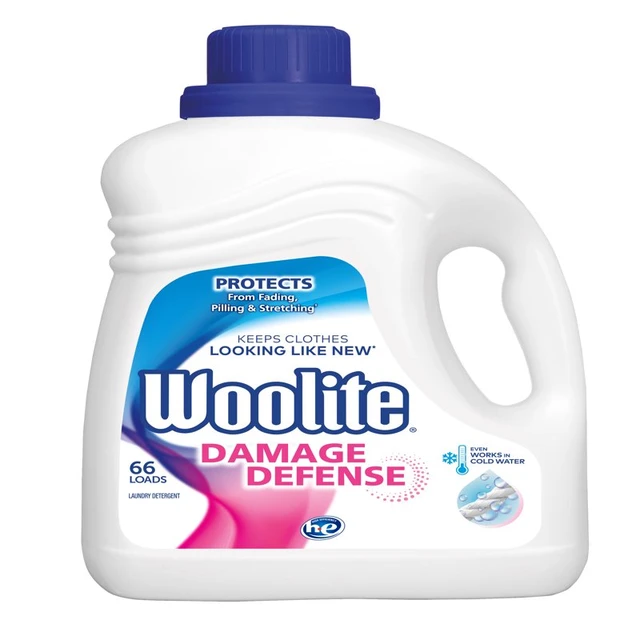 Many types of laundry detergent
Many types of laundry detergent
There are many types of laundry detergent, each with its own pros and cons. Here’s a breakdown:
By Formulation:
- Powder: This is the most common and affordable type. It’s usually effective, but can leave residue on clothes if not completely dissolved.
- Liquid: This type dissolves well and is often preferred for delicate fabrics. It can be more expensive than powder, but it’s also often more concentrated.
- Pods: Convenient and easy to use, pods are pre-measured and dissolve quickly. They’re often more expensive than other types, and there are safety concerns around young children getting hold of them.
- Sheets: These single-use sheets dissolve in water and are designed for travel or small loads. They’re often more expensive than other types.
- Concentrated: These are similar to liquid detergents but are more concentrated, meaning you need less per wash. They’re more expensive but can be more economical in the long run.
- Natural: These detergents are made with plant-based ingredients and are often marketed as being environmentally friendly. They may be less effective at removing stains than traditional detergents, but there are many great options available.
By Purpose:
- High-efficiency (HE): These detergents are formulated for use in high-efficiency washing machines. They create fewer suds and use less water, which is important for these machines to operate properly.
- Color-safe: These detergents are designed to prevent colors from fading.
- Delicate: These detergents are gentle on delicate fabrics like silk and lace.
- Stain-removing: These detergents are designed to remove tough stains like grease, wine, and blood.
- Fragrant: These detergents are scented to leave clothes smelling fresh.
- Unscented: These detergents are designed for people with sensitive skin.
Tips for Choosing Laundry Detergent:
- Consider your laundry needs: If you have a lot of stains, you’ll need a detergent that’s designed for stain removal. If you have delicate clothes, you’ll need a gentle detergent.
- Read the label: Pay attention to the instructions on the label, especially regarding water temperature and load size.
- Don’t be afraid to experiment: There are many different types of laundry detergent available, so it may take some trial and error to find the one that’s right for you.
Ultimately, the best laundry detergent for you will depend on your individual needs and preferences.
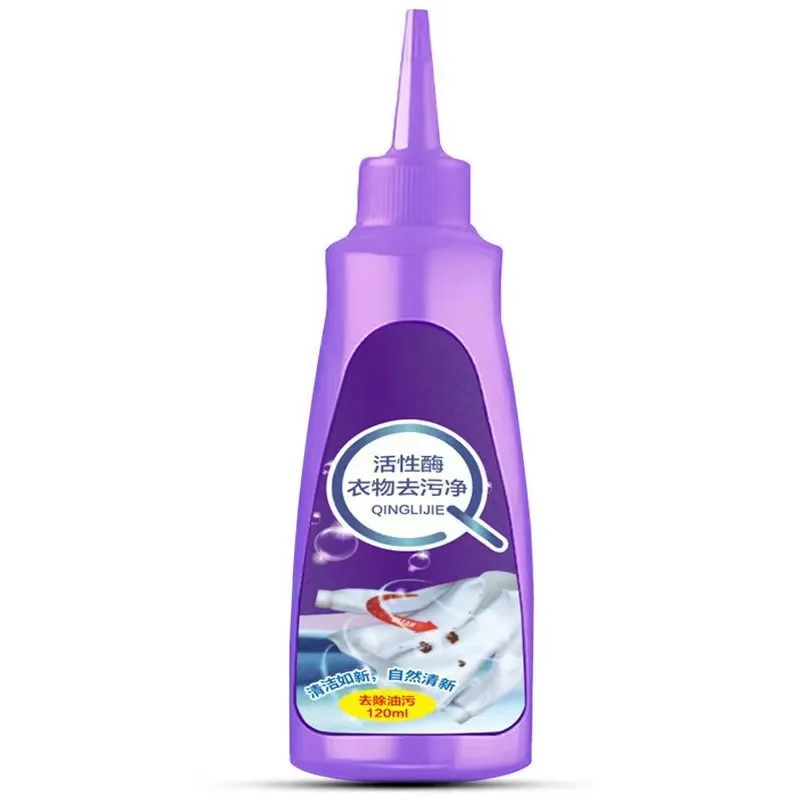 The Risks of Using Laundry Detergent on Carpets
The Risks of Using Laundry Detergent on Carpets
While some laundry detergents are marketed as “all-purpose cleaners,” they are not specifically formulated for carpets. Using them in your carpet cleaner can have several downsides:
1. Residue Build-up: Laundry detergents, especially those containing high concentrations of surfactants and enzymes, can leave behind a sticky residue on your carpet fibers. This residue attracts dirt and grime, making your carpets look dirty faster and ultimately requiring more frequent cleaning.
2. Foaming Issues: Laundry detergent is designed to create a lot of foam, which helps to lift dirt from clothes. However, this excessive foaming in a carpet cleaner can cause problems. It can clog the machine’s hoses and filters, leading to malfunctions and potentially damaging the machine.
3. Color Fading: Certain laundry detergents, particularly those containing bleach or brighteners, can cause color fading in your carpet fibers. This is especially true for delicate carpets with vibrant colors or patterns.
4. Damage to Carpet Fibers: Laundry detergents can be harsh on carpet fibers, especially delicate ones. Over time, repeated use of laundry detergent can weaken the fibers, making them more prone to wear and tear.
5. Allergic Reactions: Laundry detergents often contain fragrances and dyes that can trigger allergic reactions in sensitive individuals. Using them on carpets can expose you and your family to these irritants.
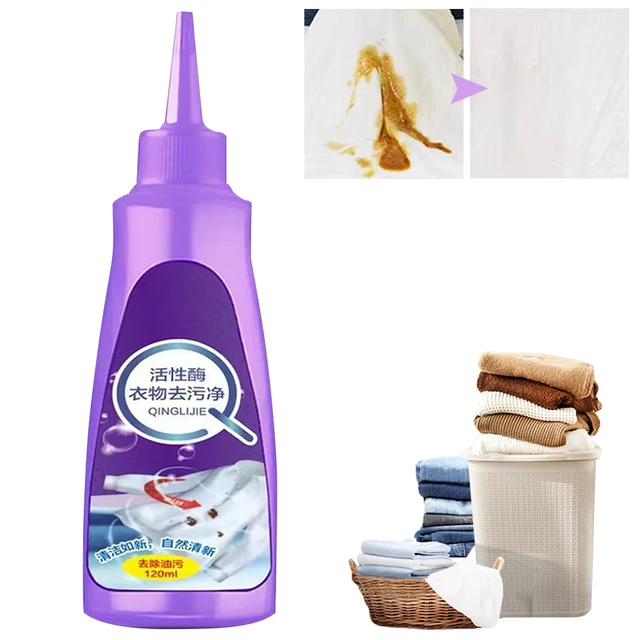 Alternatives to Laundry Detergent for Carpet Cleaning
Alternatives to Laundry Detergent for Carpet Cleaning
Fortunately, there are safer and more effective alternatives to using laundry detergent on your carpets:
1. Carpet Cleaning Solutions: Carpet cleaners use specialized formulas designed for carpets. These solutions typically contain ingredients that effectively break down dirt, grime, and stains without leaving behind residue or damaging your carpets.
2. DIY Carpet Cleaning Solutions: For a more natural approach, you can create your own carpet cleaning solutions using common household ingredients.
- Baking Soda: This versatile ingredient acts as a natural deodorizer and absorbent. Sprinkle baking soda on your carpet, let it sit for a few minutes, then vacuum it up.
- White Vinegar: White vinegar is an effective cleaning agent that helps to remove stains and kill bacteria. Mix a solution of equal parts water and white vinegar, spray it on your carpet, and blot it with a clean cloth.
- Dish Soap: A small amount of mild dish soap can be used to remove stains from your carpets. Mix a few drops of dish soap with warm water, blot the stain with a clean cloth, and rinse thoroughly.
3. Professional Carpet Cleaning: For deep cleaning and stain removal, consider hiring a professional carpet cleaner. They use specialized equipment and powerful solutions to remove deep-seated dirt, stains, and allergens.
When Is It Okay to Use Laundry Detergent?
While not recommended for routine carpet cleaning, there are a few specific instances where using laundry detergent might be considered:
1. Spot Cleaning: For very stubborn stains, you can dilute a small amount of laundry detergent with water and use it to spot-clean the affected area. However, be sure to rinse the area thoroughly afterwards to prevent residue build-up.
2. Pre-Treating Stains: Before using a carpet cleaner, you can pre-treat stains with a diluted solution of laundry detergent to help loosen the stain. However, avoid using harsh detergents or bleach, as they can damage your carpet fibers.
3. Machine Cleaning: If you have a deep-cleaning carpet cleaner that allows for the addition of cleaning solutions, you can add a small amount of laundry detergent to the water tank. However, use only a very small amount and select a mild, fragrance-free detergent. Always test the detergent on a hidden area of your carpet before cleaning the entire surface.
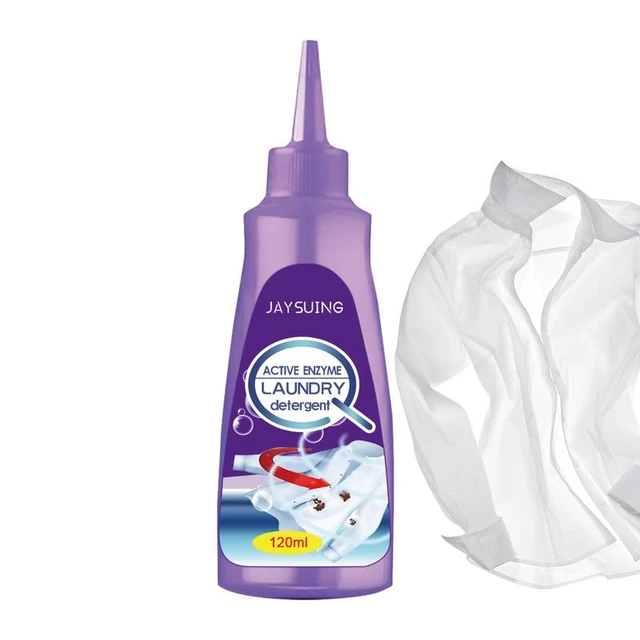 Important Considerations
Important Considerations
Regardless of the cleaning method you choose, it’s important to follow these tips for optimal results:
- Always check the carpet manufacturer’s cleaning instructions: Before cleaning your carpets, check the manufacturer’s guidelines for recommended cleaning methods and solutions.
- Test cleaning solutions on a hidden area: Before cleaning the entire carpet, test the cleaning solution on a small, hidden area to ensure it doesn’t cause any color fading or damage.
- Avoid over-wetting: Excessive moisture can cause mold and mildew growth in your carpets. Be sure to use the correct amount of cleaning solution and allow the carpets to dry completely after cleaning.
- Rinse thoroughly: After using any cleaning solution, rinse the carpet thoroughly with clean water to remove any residue that can attract dirt and grime.
- Vacuum regularly: Vacuuming your carpets regularly removes dust, dirt, and debris before they become embedded in the fibers, reducing the need for deep cleaning.
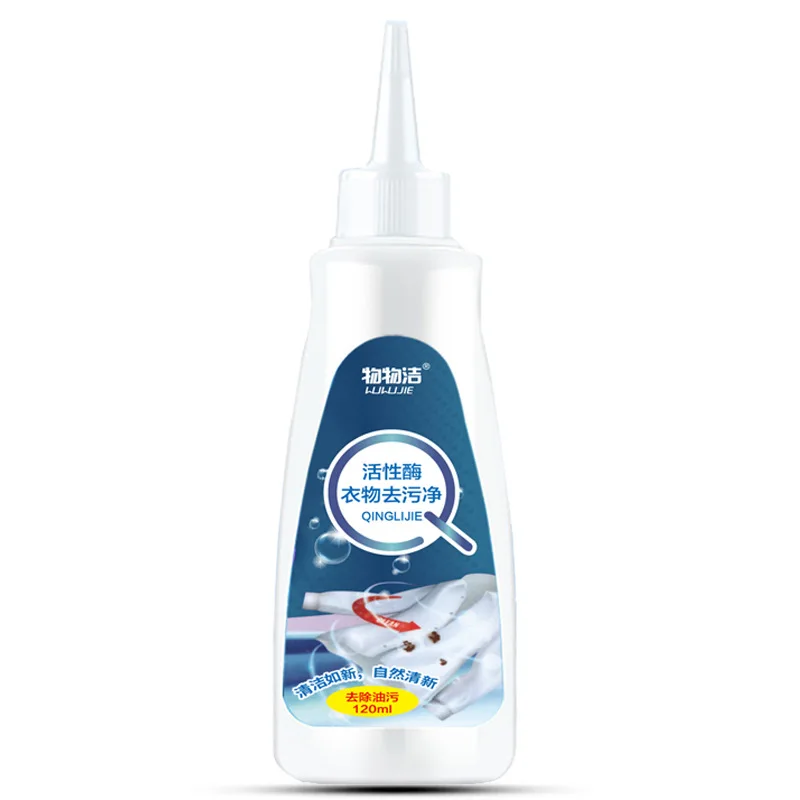 Conclusion
Conclusion
While using laundry detergent in a carpet cleaner may seem like a convenient option, it can have negative consequences for your carpets. Opting for specially formulated carpet cleaning solutions or using DIY methods with safe household ingredients is a better approach. By understanding the risks and alternatives, you can clean your carpets effectively and safely, preserving their beauty and longevity.
